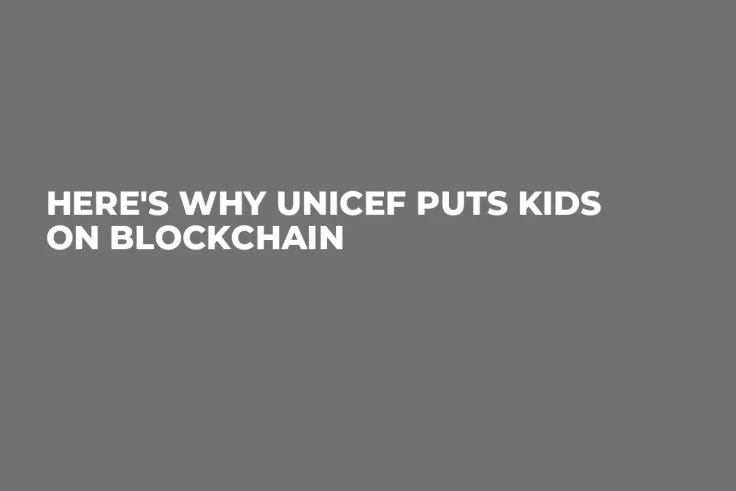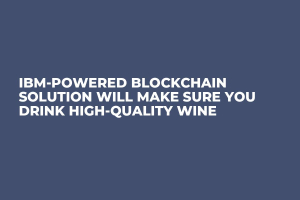In an interview with France 24, Sebastien Lyon, the executive director of UNICEF France, shed more light on one of the use cases of blockchain technology—birth registrations:
Birth registration is still a huge challenge because documents get lost, because, after a conflict or a war, people have to flee and they don't have the documents, and then afterward it's very complicated for them.
People without birth certificates cannot access school or get a passport, as Lyon explains:
Blockchain has a strong potential for us to enable many many children to be registered in the blockchain, and that data will be kept forever on a blockchain. Even if there's an earthquake or a war or something, we would still be able to access the data.
Lyon further adds that there are many blockchain-based pilot programs that focus on this issue.
The practice of registering kids on a ledger is not limited to UNICEF, the United Nations' charity agency for children. Last September, Brazil became the first country at which a birth certificate was recorded exclusively on a blockchain as part of an IBM-backed project.
Bringing more transparency
Cryptocurrency donations enable UNICEF to support more projects for children.
Lyon says that the classic challenge that they had was ensuring transparency regarding all received donations. Blockchain, on the other hand, is a "strong factor" for enabling trust.
As reported by U.Today, UNICEF started accepting donations in Bitcoin and Ethereum back in September 2019 when it launched a cryptocurrency fund. The Ethereum Foundation was its very first contributor, and it made a follow-up gift this June.
In August 2019, the Litecoin Foundation partnered with UNICEF Kid Power.
This July, the UNICEF Innovation Fund also started providing seed financing for blockchain startups.



 Dan Burgin
Dan Burgin Vladislav Sopov
Vladislav Sopov